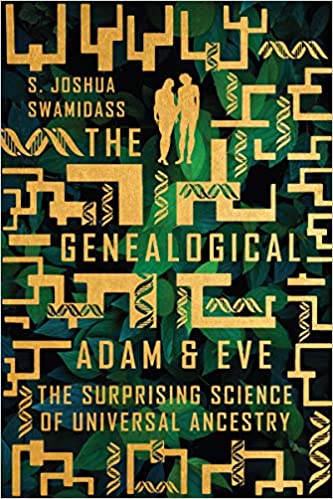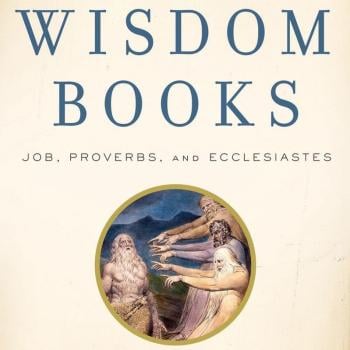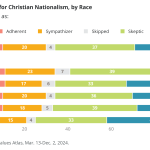Q. I must confess that one of the things that has always bothered me is the absolute confidence many scientists and anthropologists, including Christian ones, place in their methods of dating. Even carbon 14 dating has a plus or minus that can be considerable, and furthermore, dating of stone objects is very iffy, especially if it is decided on the basis of: 1) the technology used to produce say a spear head (a technology which could have developed much sooner in some places and much later in others); or 2) the residue found this or that object, usually called patina or ancient patina. Chemical tests on patina can indeed demonstrate that the object in question is quite old, for example the patina in the inscription on the James ossuary which I wrote about and was involved with long ago. What it can’t do is give one a precise date in antiquity; 3) pottery shards and the like cannot give precise dates. So, I think it is not wrong to have a reasonable amount of skepticism about some of the claims of things going back 500,000 years B.C. or more, not least because we have no parallel evidence, no written records no etc. to confirm such a notion. Now I am not a young earther, and I do think evolutionary theory, at least at the micro level has a good deal of evidence to support it. But a theory is after all…. wait for it, a theory, and some aspects of it are questionable to say the least. I think Christians need to be careful and ask probing questions before committing themselves to a wholescale endorsement of this particular theory. Your thoughts?
A. I wrote this book, in large part, because evolutionary creationists were not responding truthfully to good faith questions from theology. Science does give us a real view into the past, and it has legitimate autonomy from theology. This is a good thing. But theologians are allowed to constructively resist scientific conclusions with good faith questions. On important matters of the faith, we should question scientists. Scientists, at our best, we respond to good faith questions with empathy, honesty, and rigor. Some of BioLogos’s claims were correct. I agree with them that the scientific evidence really does indicate humans share common ancestry with the great apes. Many of their claims, however, were not correct. But I also see why it will be very hard for many to trust them going forward from here.
This has set back public understanding of science substantially. Sorting out the correct and incorrect claims, now, is difficult. Rebuilding trust will be even more difficult.
















